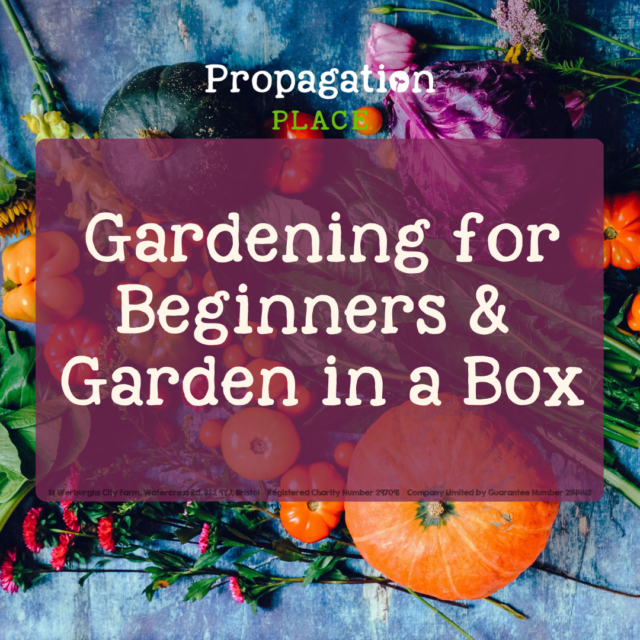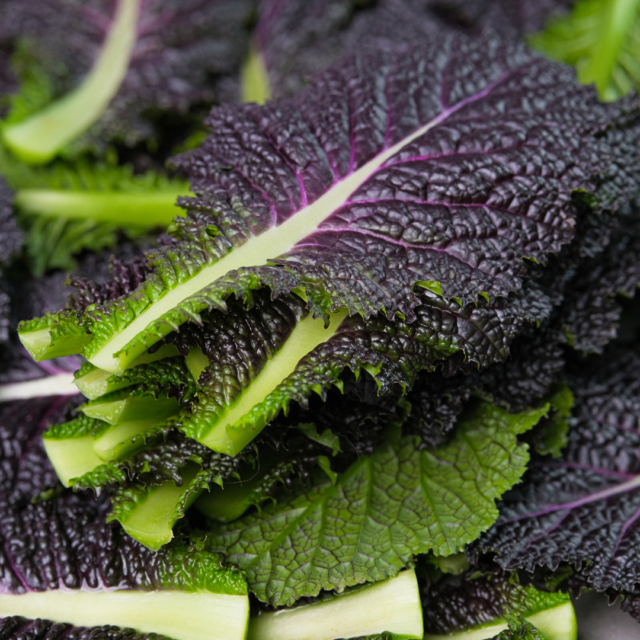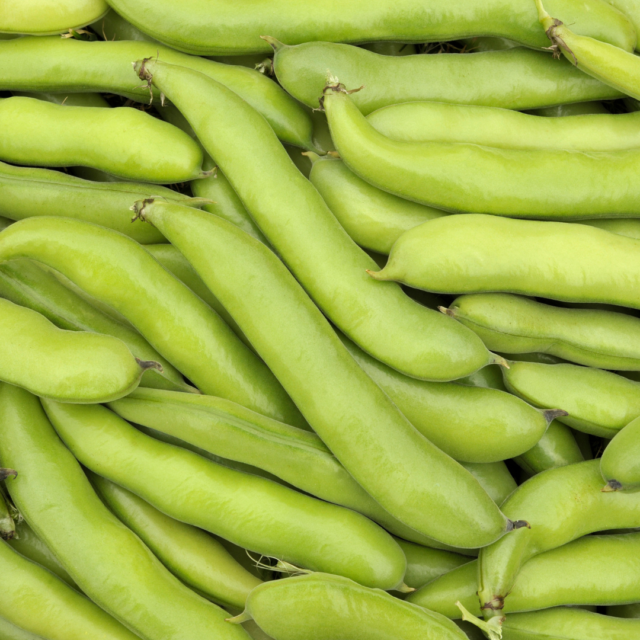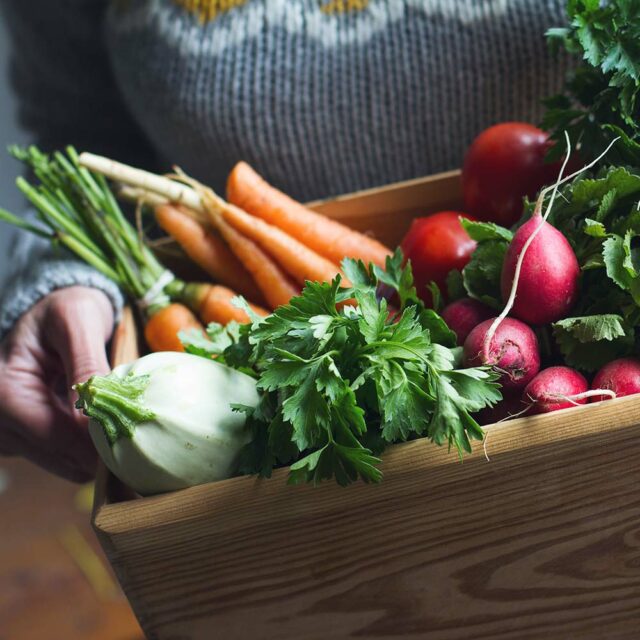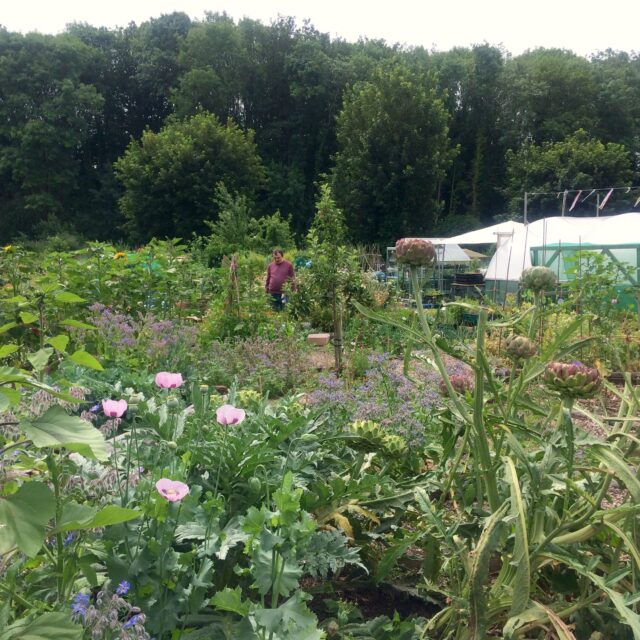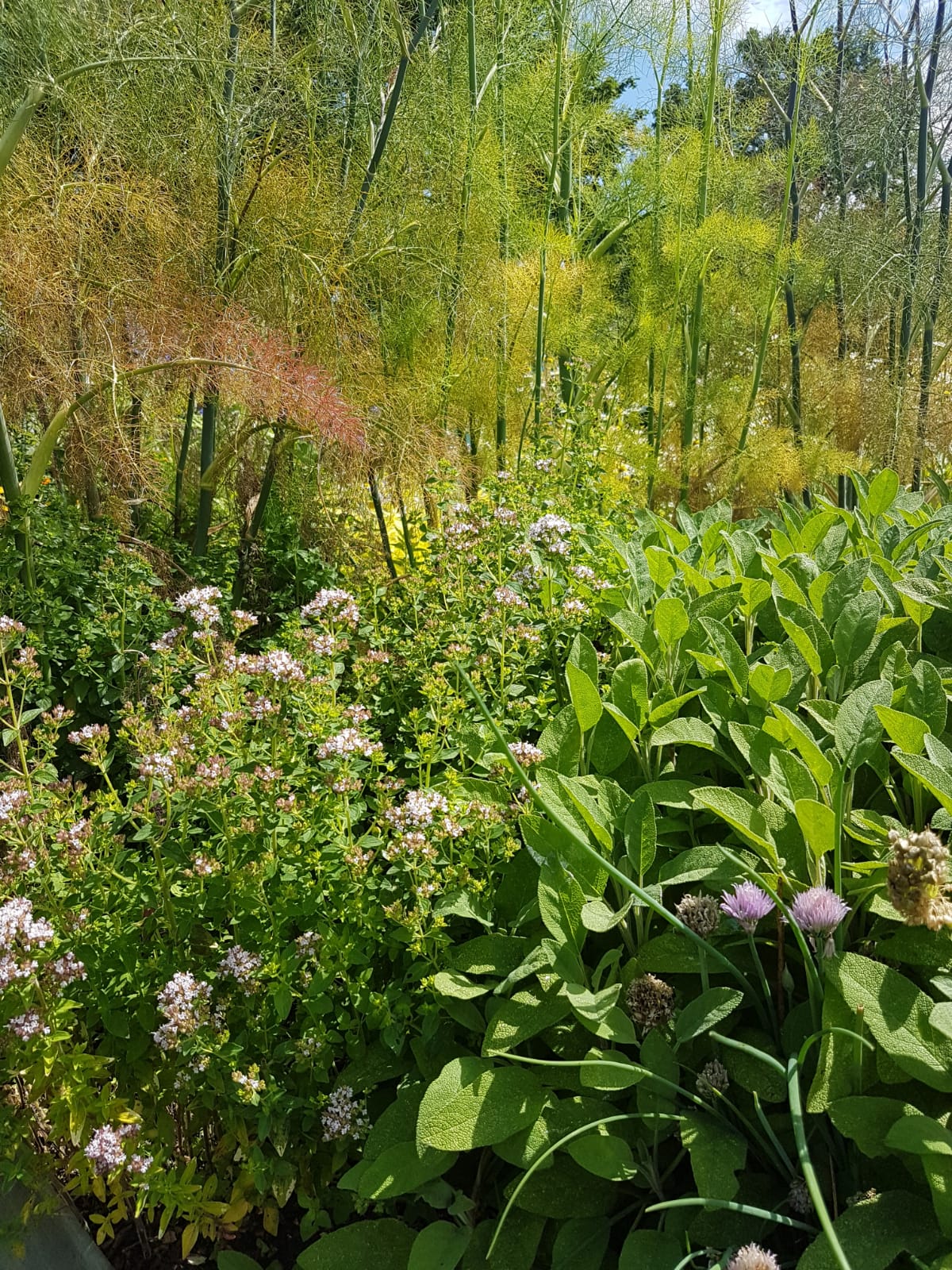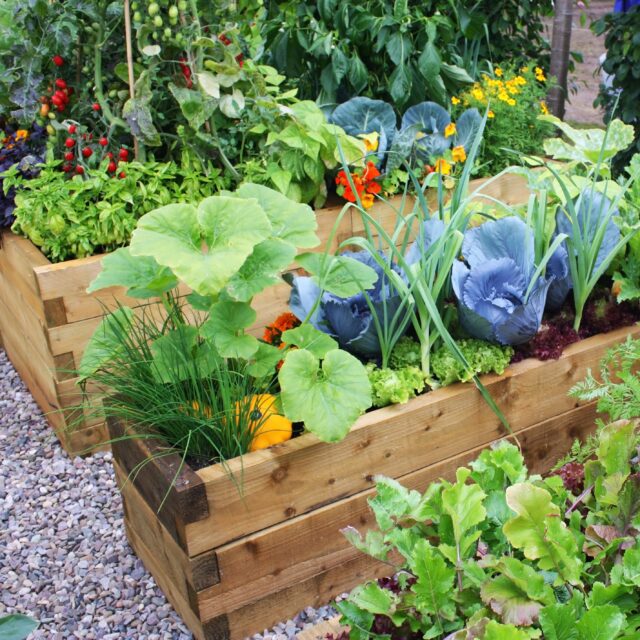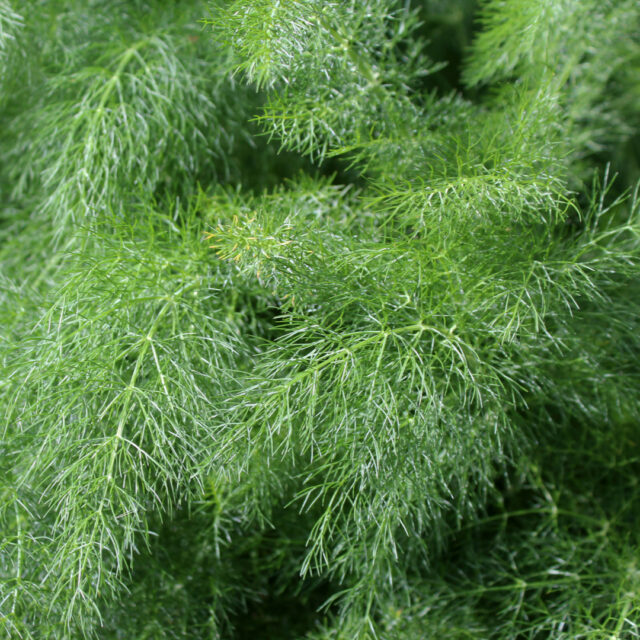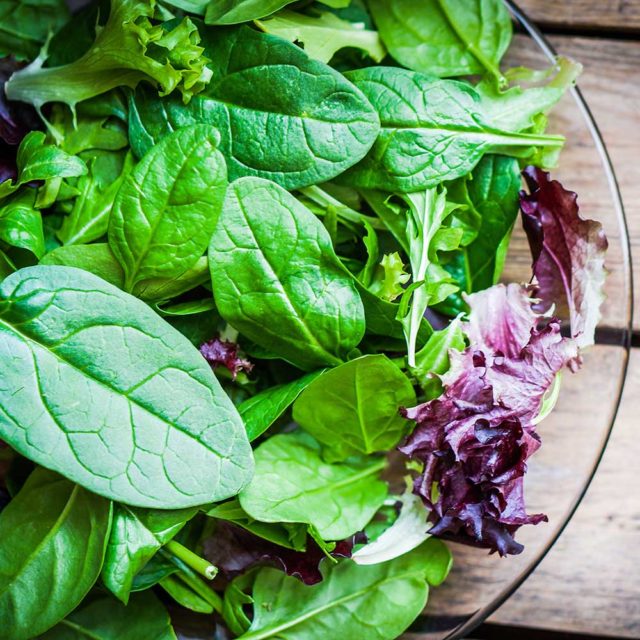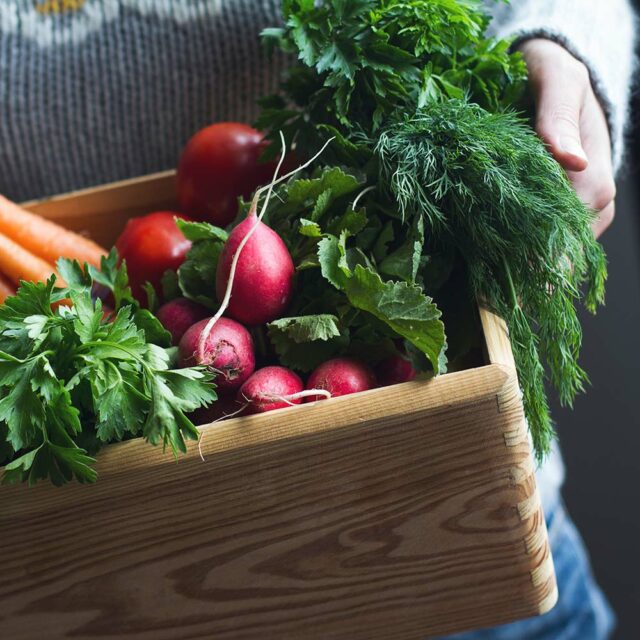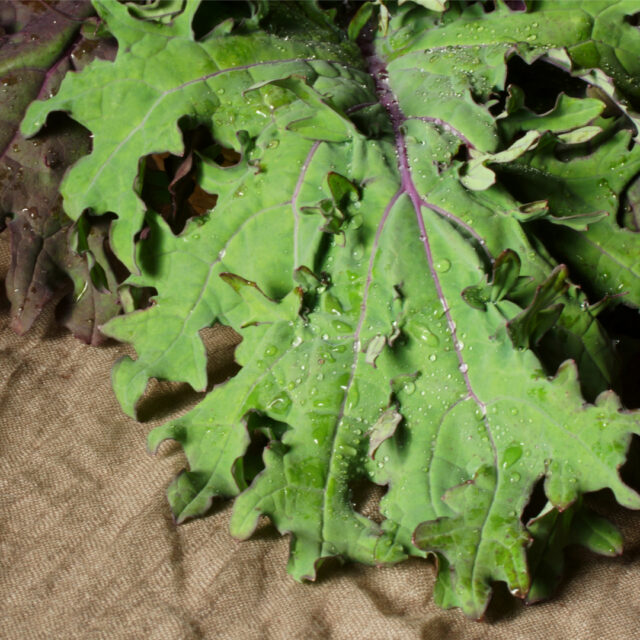Just like people, some plants get along better with others! Companion planting involves growing certain plants next to each other, which can benefit the plants in a myriad of ways that random planting cannot. If you’re looking to reduce pests and even improve the taste of some of your veggies, then companion planting could be for you! Read on to find out all about companion planting.
What Is Companion Planting
Companion planting is a traditional method of gardening. The idea is that specific plants or herbs are planted alongside vegetables. As a result they provide a myriad of benefits.
- Attracting beneficial insects. For example bees which aid pollination.
- Repelling pests, either through planting companion plants alongside or planting a ‘sacrificial crop’. These lure pests away from the more previous vegetables and consequently onto the companion plant.
- Some companion plants even improve the taste of your veg!
Companion Planting: How To
Say No To Mono
There’s a reason we plant vegetables in rows. They’re easy to water and maintain, not to mention they look neat! However, we are actually creating an environment that works in the favor of weeds and problem insects.
Intercropping is the practice of growing alternating types of vegetables in each row. By mixing it up, you can cut down on the ongoing maintenance tasks of the garden such as pest control.
Consider breaking up the monoculture single row. You can do so by breaking it into three or four smaller plots spread out around the garden. Then try growing different companion plants in between, and see which works best for your garden.
Mix It Up With Herbs
One way to deter pests is by adding herbs as companion plants. Listed below are some of the most popular.
- Basil – basil plants work well next to tomatoes, peppers and asparagus. Basil will also help to repel mosquitoes and flies.
- Mint – great to be planted near cabbage and tomatoes as it can improve the growth and flavour. It also can repel the moths from cabbage worms. However, mint is known for taking over gardens, so consider using a container.
- Dill – plant near cabbage and lettuce. But make sure you’re not planting it near carrots. It can also help to repel spider mites, aphids, and possibly even squash bugs. Also, bees love it!
- Sage – plant near tomatoes and brassicas that tend to be affected by cabbage worm moths. Sage can also keep away carrot flies. However, don’t plant near your cucumbers or onions.
- Thyme – plant near potatoes, and tomatoes. It may also deter cabbage worm moths.
- Rosemary – plant near beans, carrots, and hot peppers. It will deter bean beetles, and carrot flies. Don’t plant near potatoes or pumpkins.
- Oregano – plant near broccoli, cabbage, and cauliflower, as it can keep cabbage worm moths away.
- Borage – is great for deterring tomato hornworms and cabbage worms. Also, it can break up compacted soils and also provide your soil with lots of minerals and nutrients. Perfect!
Consider Flowers
It’s not just herbs that make great companion plants, flowers do too!
- Marigolds – well known for their ability to keep pests at bay. Plus they’ll add a pop of colour! Plant near tomatoes and brassicas.
- Sunflowers– they draw pollinators to the garden, and can also provide shade to plants that don’t need full sun. Don’t plant next to potatoes or beans.
- Nasturtiums – they’re both beautiful and edible! They’re a great companion for cucumbers, melons, and okra as they deter aphids.
Top Tips for Companion Planting
- Companion planting vegetable that have different root depths is a good idea. This ensures that the plants won’t be competing for the same nutrients in the soil.
- Different vegetables require different amounts of fertiliser. Plant similar feeding types together.
To Conclude
Companion planting is a method of gardening that involved planting different plants together so that they can benefit each other. It’s a great organic way of stopping pests and can also encourage pollinators such as bees into your garden. You can plant vegetables alongside other vegetables, herbs, and flowers to make your garden healthier and happier!
